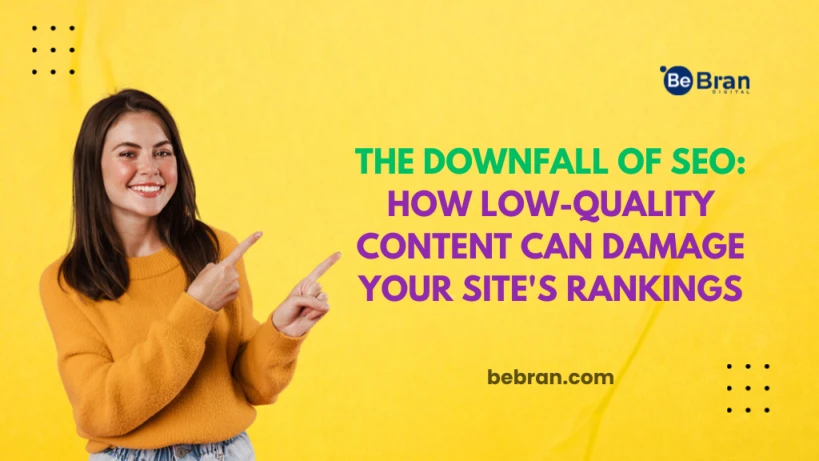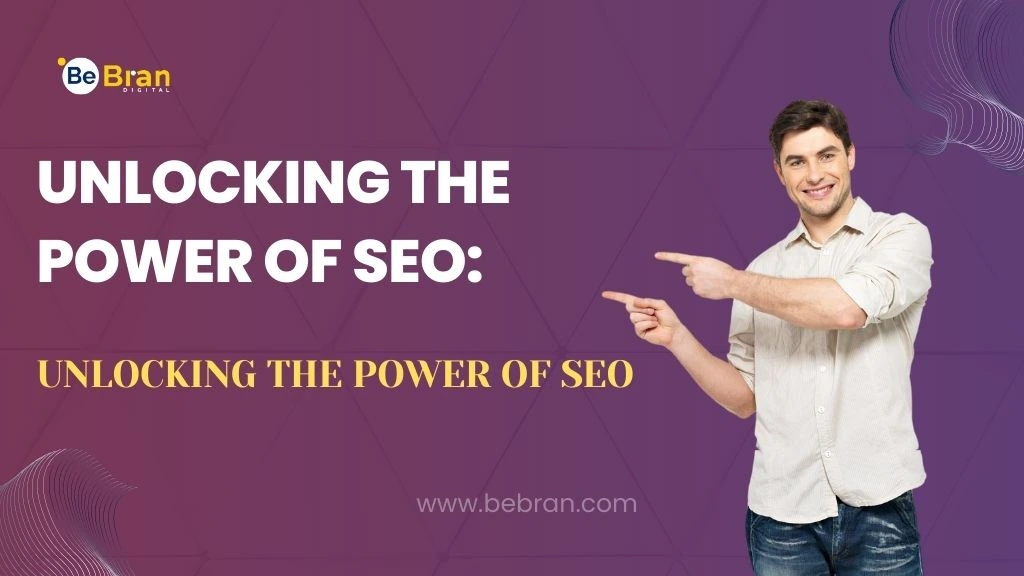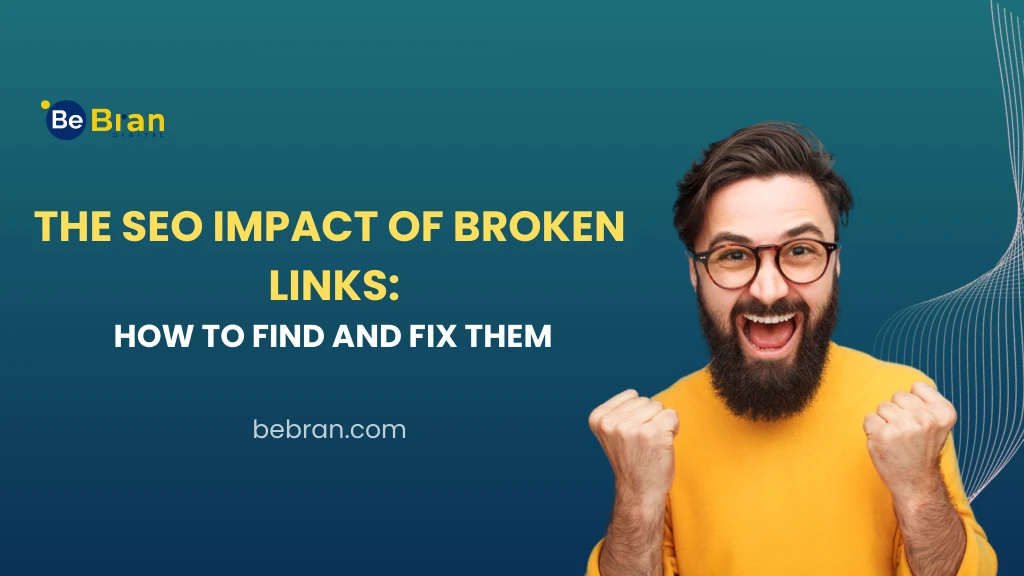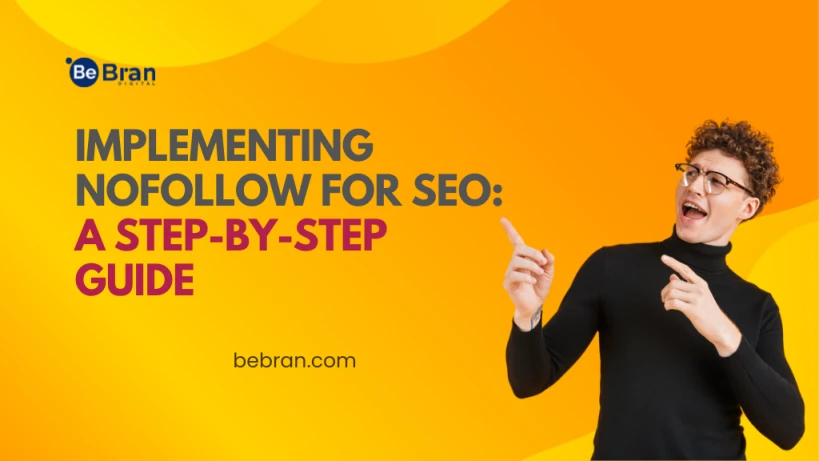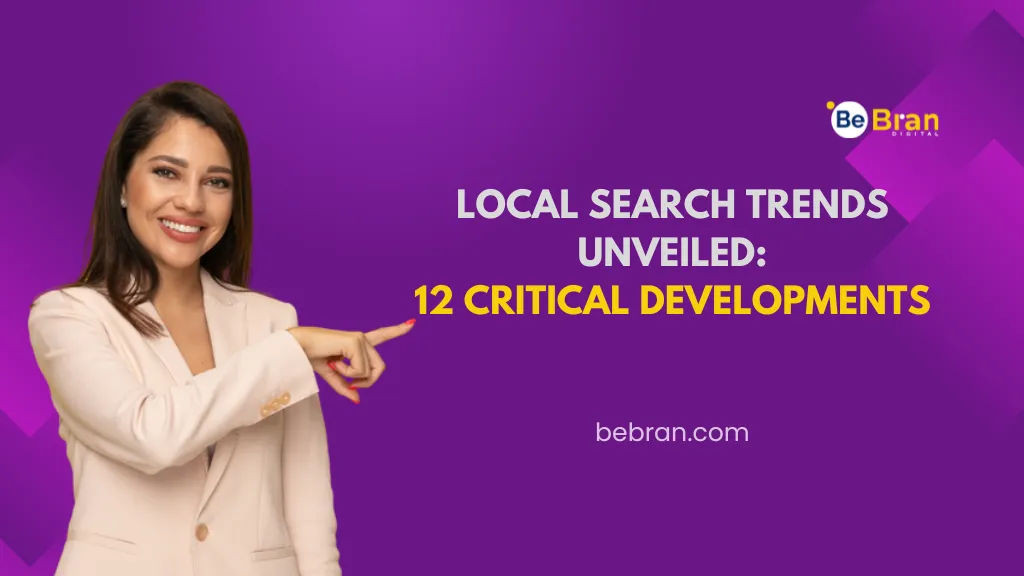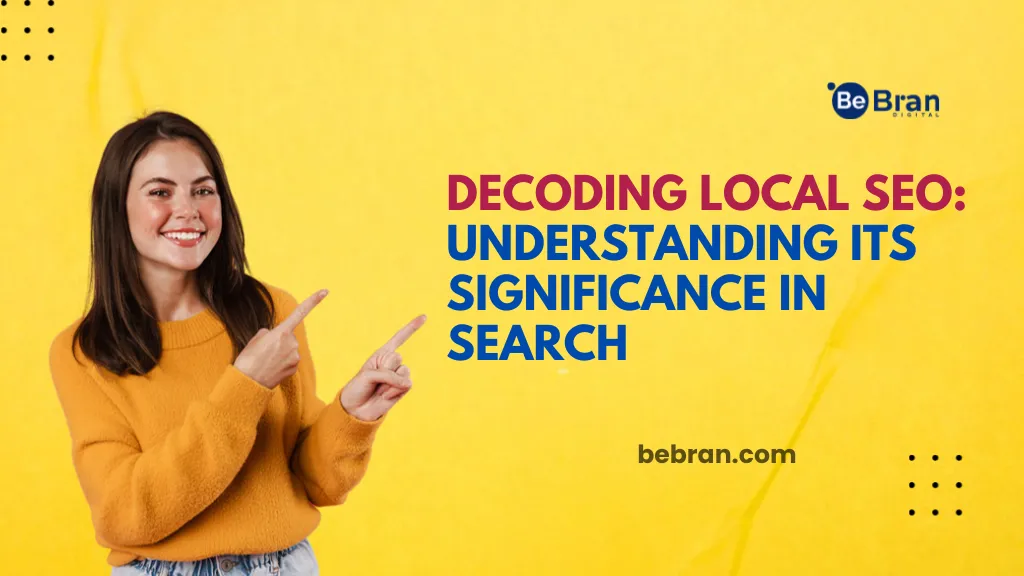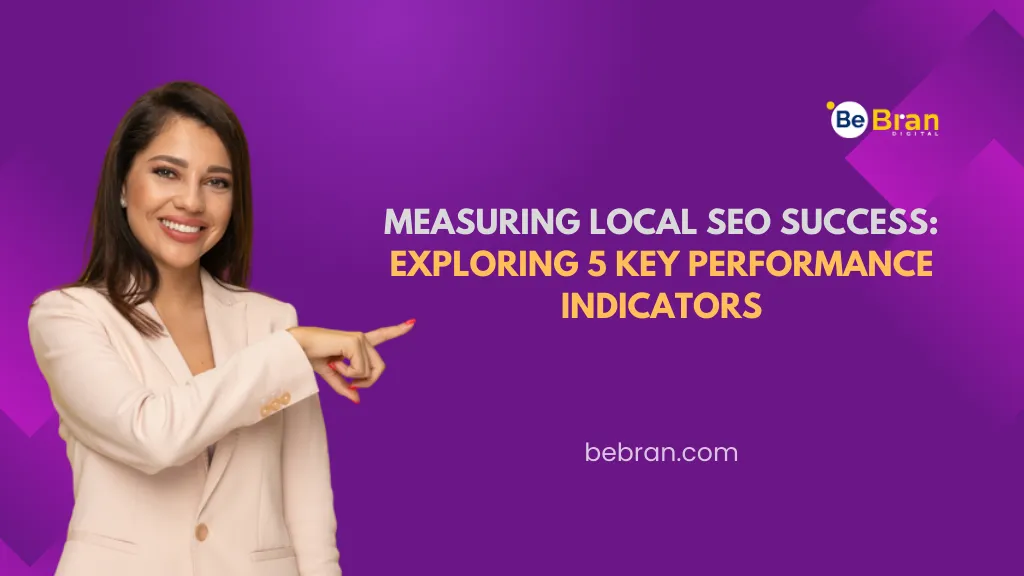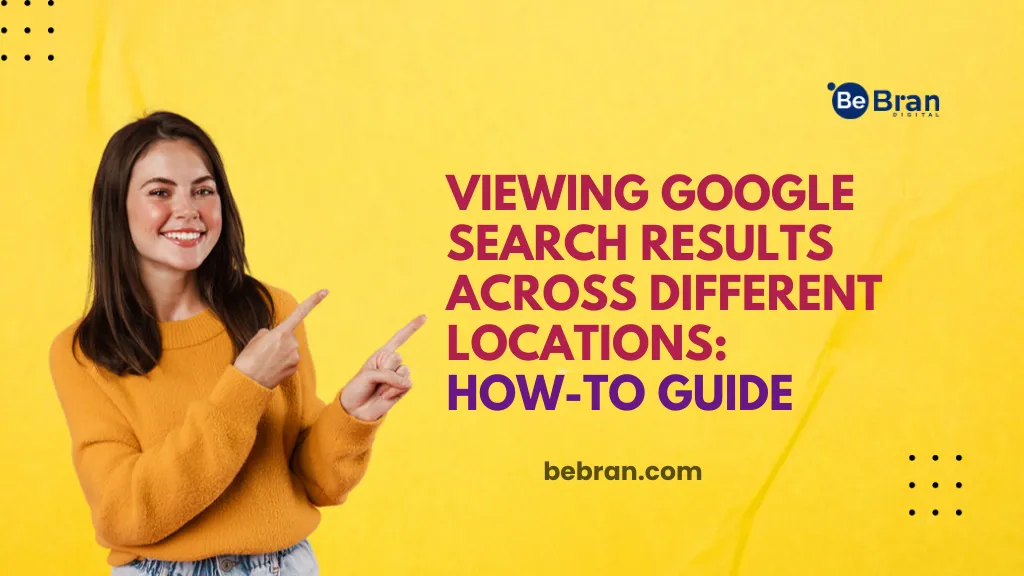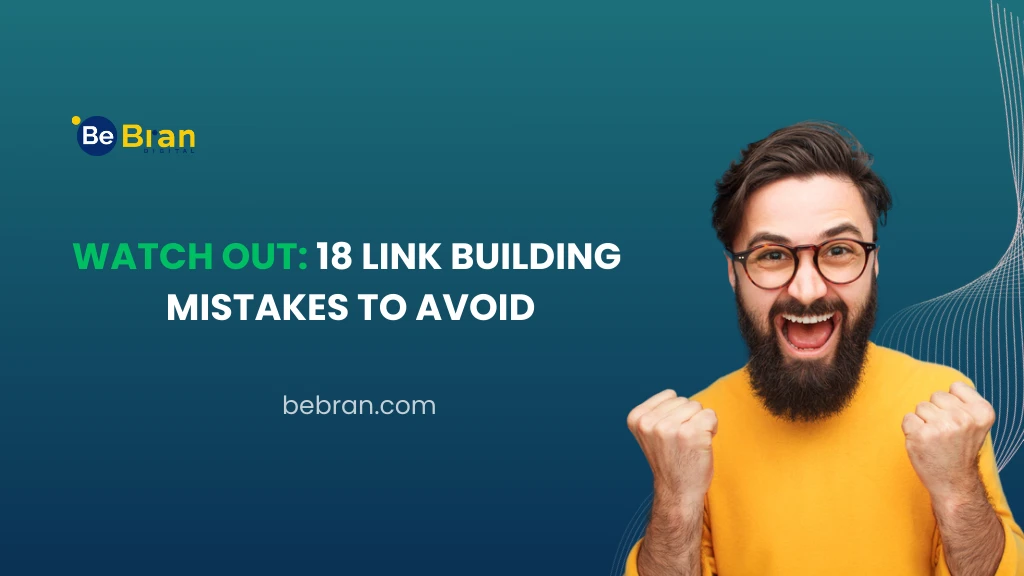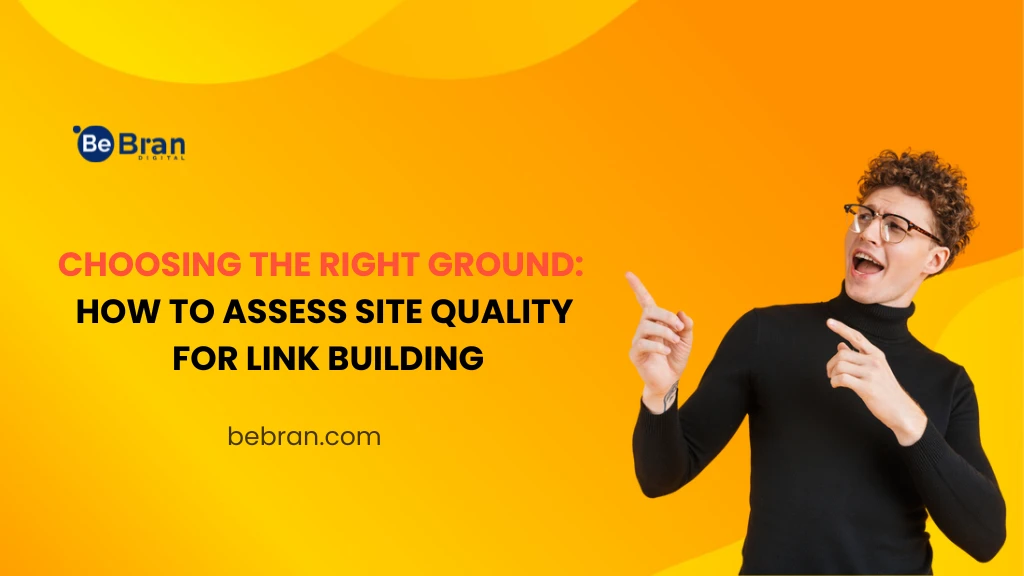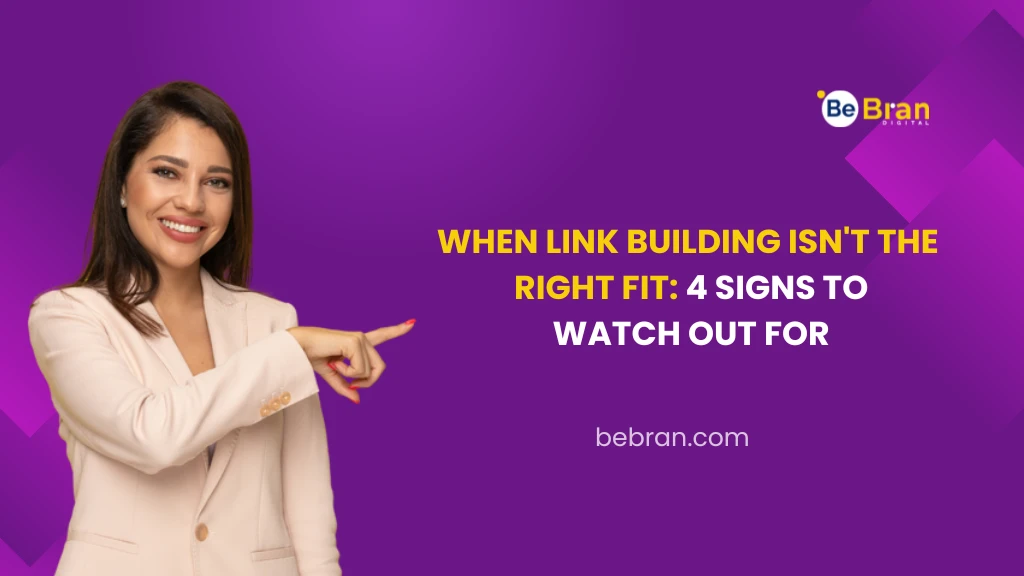
Link building has long been hailed as a cornerstone of SEO. However, it's crucial to discern when it might not be the best path for your business. Dispelling common link building myths can shed light on why they may not align with your specific circumstances. In this guide, we'll uncover four telltale signs that link building might not be the right fit for your business. By recognizing these indicators, you can redirect your efforts toward strategies that yield optimal results for your unique situation.
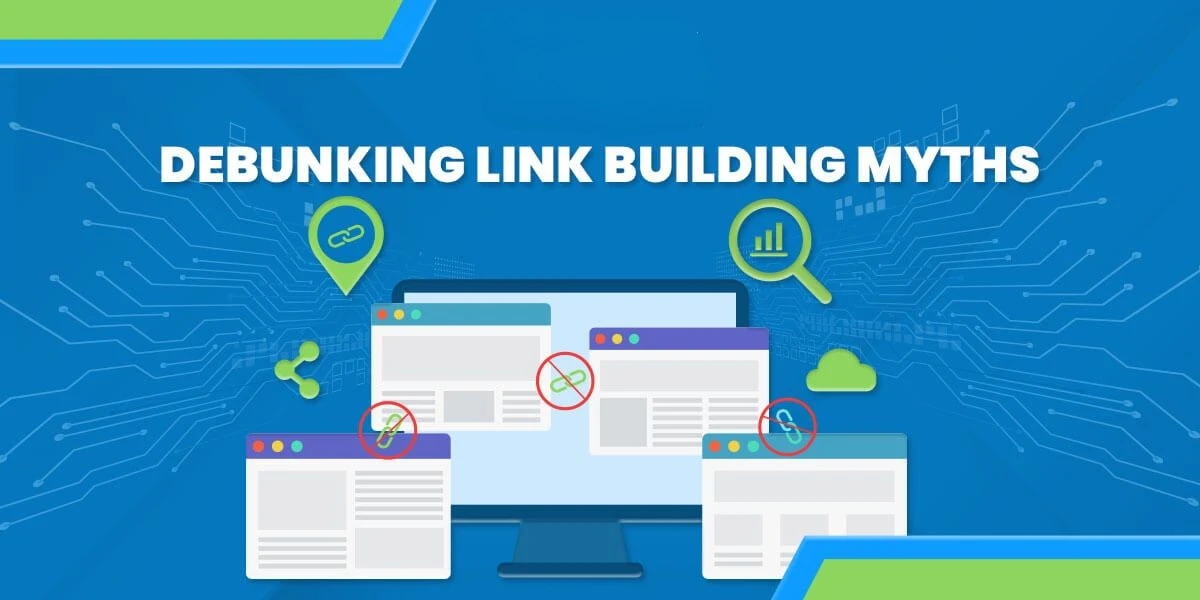
Understanding Common Link Building Myths" dispels prevalent misconceptions surrounding link building. It clarifies that quantity doesn't necessarily translate to better rankings, emphasizing the importance of quality links from reputable sources. The article debunks the notion that any link is beneficial, emphasizing the significance of link relevance and source authority. It also highlights that link building is not a quick fix but a gradual, long-term strategy. Lastly, it underscores the critical role of link quality over quantity in achieving successful SEO results.
One of the most pervasive link building myths is the belief that the sheer quantity of links is the key to achieving higher search engine rankings. While it's true that having a reasonable number of high-quality backlinks can positively impact your SEO, the emphasis on quantity alone is a misunderstanding. Search engines have evolved to prioritize the quality, relevance, and authority of links over their quantity. A few authoritative and contextually relevant links often carry more weight than numerous low-quality links. Focusing on acquiring valuable links from reputable sources is a more effective approach than simply chasing numbers.
This myth assumes that acquiring any link, regardless of its source or relevance, contributes positively to your SEO efforts. In reality, not all links are equal, and not all of them are beneficial. Search engines consider the authority and trustworthiness of the linking domain, as well as the context of the link within the content. Low-quality, spammy, or irrelevant links can have a detrimental impact on your website's reputation and rankings. It's crucial to prioritize quality over quantity and seek links from authoritative and contextually relevant sources.
Some believe that link building is a quick and straightforward way to boost their website's rankings overnight. This misconception can lead to rushed and careless link building practices. In reality, effective link building is a long-term strategy that requires patience and consistent effort. Building relationships with reputable websites, creating high-quality content, and earning authoritative backlinks take time. Rushed link building attempts often result in low-quality links and may even lead to penalties from search engines. A sustainable and ethical link building strategy involves gradual growth and a focus on quality.
This myth incorrectly prioritizes the quantity of links over their quality. While having a substantial number of links may seem appealing, it's essential to remember that not all links are valuable. Search engines value the relevance, authority, and context of links. A few high-quality links from authoritative sources can significantly impact your SEO rankings, whereas numerous low-quality links may harm your website's reputation. It's crucial to focus on acquiring quality links that genuinely benefit your site's authority and user experience, rather than aiming for a high link count.
Link building may not be suitable if your business lacks a robust online presence, compelling content, or resources to invest in this strategy. Highly regulated industries or businesses in niche markets may also find alternative SEO tactics more effective. Assess your context to determine if link building aligns with your goals.
The digital landscape is constantly evolving, and businesses often find themselves making changes to adapt. One such avenue for adaptation is link building, a pivotal SEO strategy that helps improve a website's visibility. Yet, mistakes in this area are not uncommon. Let’s delve deeper into some signs that your business might be linking building mistakes and the consequences they may have.
Niche markets offer unique products or services to a specific segment of the audience. On one hand, this gives businesses in niche markets an advantage due to reduced competition. On the other, it can make building more challenging.
Why? Because not many websites or blogs may be writing about or linking to topics in your specific niche. The limited number of relevant websites makes the pool for potential backlinks smaller. When businesses in niche markets don't tailor their link-building strategies to their unique circumstances, it’s one of the most common link building mistakes to avoid. A "one size fits all" approach doesn't always work here.
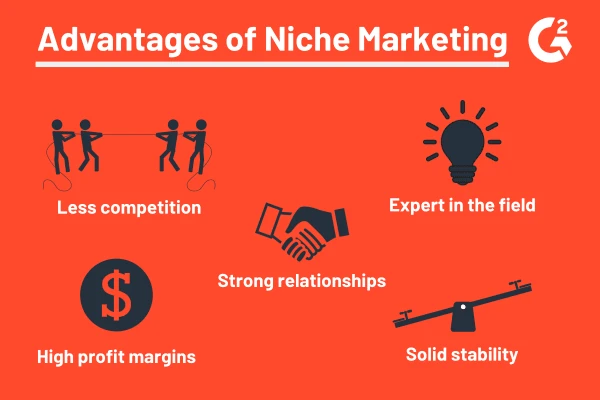
Content forms the foundation of any successful link-building strategy. Websites and bloggers link to content they find valuable, informative, and relevant. If your website is content-scarce or the existing content is of low quality, you're inadvertently making one of the most common link building mistakes.
Without rich, authoritative content, earning backlinks becomes an uphill battle. It's imperative to invest in creating high-quality content tailored to your target audience. This not only drives organic traffic but also encourages other sites to link to you. Remember, link building isn’t just about quantity but the quality of both the links you acquire and the content you produce.
Link building requires consistent effort, time, and often a dedicated team. Some businesses, especially smaller ones, might not have these resources readily available. They either opt for shortcuts or sporadic link-building efforts, which are not sustainable in the long run. This approach is one of the link building mistakes to avoid at all costs.
Shortcuts like buying links or engaging in black-hat SEO practices might offer temporary gains but can lead to severe penalties from search engines in the long run. Sustainable link building involves organic strategies like guest posting, building relationships with influencers, and leveraging social media. If your business doesn’t have the bandwidth for such efforts, it’s better to outsource this task rather than make haphazard attempts.
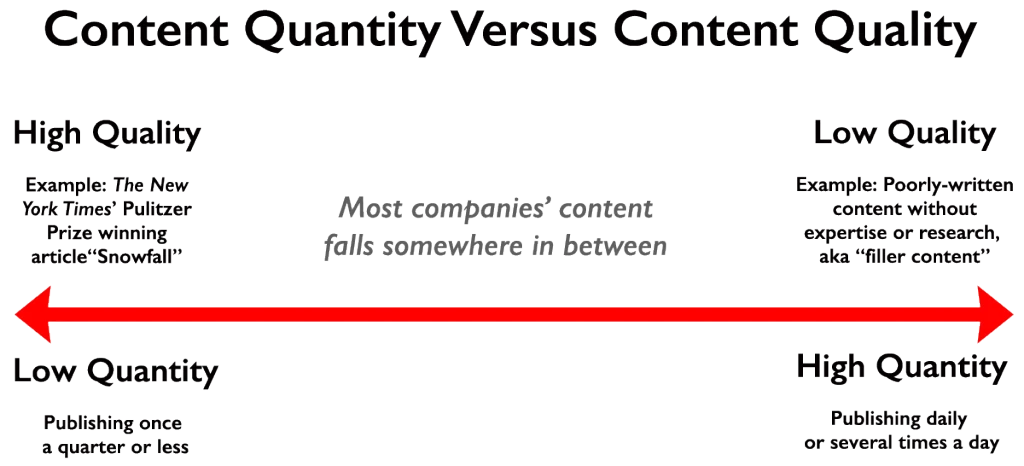
While multi-channel marketing is a smart approach, it can sometimes lead to neglecting certain aspects. If your business is focusing more on channels like PPC, social media, or offline marketing, there's a chance you're sidelining link building. This is among the link building mistakes that many businesses inadvertently make.
Prioritizing other marketing channels isn’t inherently wrong. However, it’s essential to understand the synergies between different channels. For example, effective link building can enhance your SEO, which in turn can bolster your PPC campaigns by increasing organic traffic and site authority. By striking a balance and integrating link building with other marketing efforts, businesses can harness better results across all channels.
Businesses often face challenges in link building due to niche markets, lack of quality content, resource constraints, and prioritizing other marketing channels. Understanding the underlying reasons helps in crafting better strategies, ensuring a balanced approach to SEO and overall digital marketing efforts. Recognizing these signs aids in avoiding common pitfalls.
Niche markets inherently possess unique challenges and opportunities in the realm of link building. A common link building myth is that niche markets don't benefit as much from link-building efforts due to the limited number of relevant websites. Contrarily, niche markets can enjoy concentrated attention from a specific audience. While it's a misconception, or one of the "link building DON'Ts", to think that link building isn't right for your business if you're in a niche market, it's vital to tailor strategies. Approaching industry influencers, forums, or community groups that cater to your niche can yield relevant and authoritative links.
Quality content is the backbone of effective link building. One of the common link building myths is the idea that "more is better." However, churning out massive amounts of subpar content won't benefit your link-building strategy. Prioritizing quality over quantity ensures that other sites find genuine value in linking to your content. Remember, a single piece of well-researched, insightful content can attract more backlinks than multiple low-quality articles. If you believe link building isn't right for your business because you can't produce content in bulk, rethink your strategy. Focus on delivering value, and the links will naturally
Follow.

Resource constraints are a genuine concern, especially for startups and small businesses. The myth here, tying back to the link building DON'Ts, is that effective link building always requires a significant investment of time and money. While it's true that sustainable link building often requires dedication, there are cost-effective strategies available. Collaboration, guest posting, or utilizing free tools can amplify your link-building efforts without breaking the bank. Moreover, partnering with established influencers or outsourcing specific tasks can be a strategic move to overcome resource limitations.
In an integrated marketing approach, it's crucial not to sideline link building. A widespread misconception is that link building operates independently of other marketing channels. This is squarely in the realm of "link building DON'Ts". SEO and link building can significantly bolster other marketing channels. For instance, a robust link-building strategy can amplify the visibility of content marketing efforts, reinforcing social media campaigns and even supporting PPC with improved site authority. Instead of isolating link building, interweave it with your overall marketing strategy. Understanding that "link building isn't right for your business" is a myth, will enable you to allocate resources more judiciously across channels.
Recognizing when link building might not align with your business is a crucial step toward optimizing your digital marketing strategy. By dispelling common myths and understanding the signs, you pave the way for more effective, tailored approaches. Remember, success in the digital landscape is not one-size-fits-all. It's about finding the strategies that resonate with your unique business circumstances. So, assess, adapt, and thrive in the ever-evolving world of online marketing. Your business deserves nothing less than the strategies that truly elevate its presence and impact.
1. Is link building necessary for every business?
A: While link building can be beneficial, it may not be essential for businesses in highly niche markets or those with other effective marketing strategies in place.
2. What if my business lacks the resources for extensive link building?
A: In such cases, focusing on producing high-quality content and exploring alternative marketing channels might be more effective than resource-intensive link building.
3. Can link building compensate for poor-quality content?
A: No, quality content is fundamental to successful link building. Without valuable, informative content, it's challenging to attract and retain high-quality backlinks.
4. Are there industries where link building is less effective?
A: Yes, industries with limited online presence or very specialized markets may find link building less impactful compared to other marketing strategies.
5. How do I prioritize link building alongside other marketing efforts?
A: Assess the effectiveness of link building concerning your overall marketing strategy. If other channels yield better results, allocate resources accordingly.
6. Can I rely solely on link building for SEO success?
A: While link building is crucial, it's just one aspect of a comprehensive SEO strategy. Content quality, technical optimization, and user experience also play vital roles.
7: Is it better to have fewer high-quality links or many low-quality links?
A. Quality always trumps quantity in link building. A few high-quality, relevant links have a more positive impact than a multitude of unrelated or low-quality links.
8. Can specialized businesses benefit from link building strategies?
A: Yes, although it may be more challenging in niche markets, strategic link building can still be effective for establishing authority and credibility within that specific niche.




